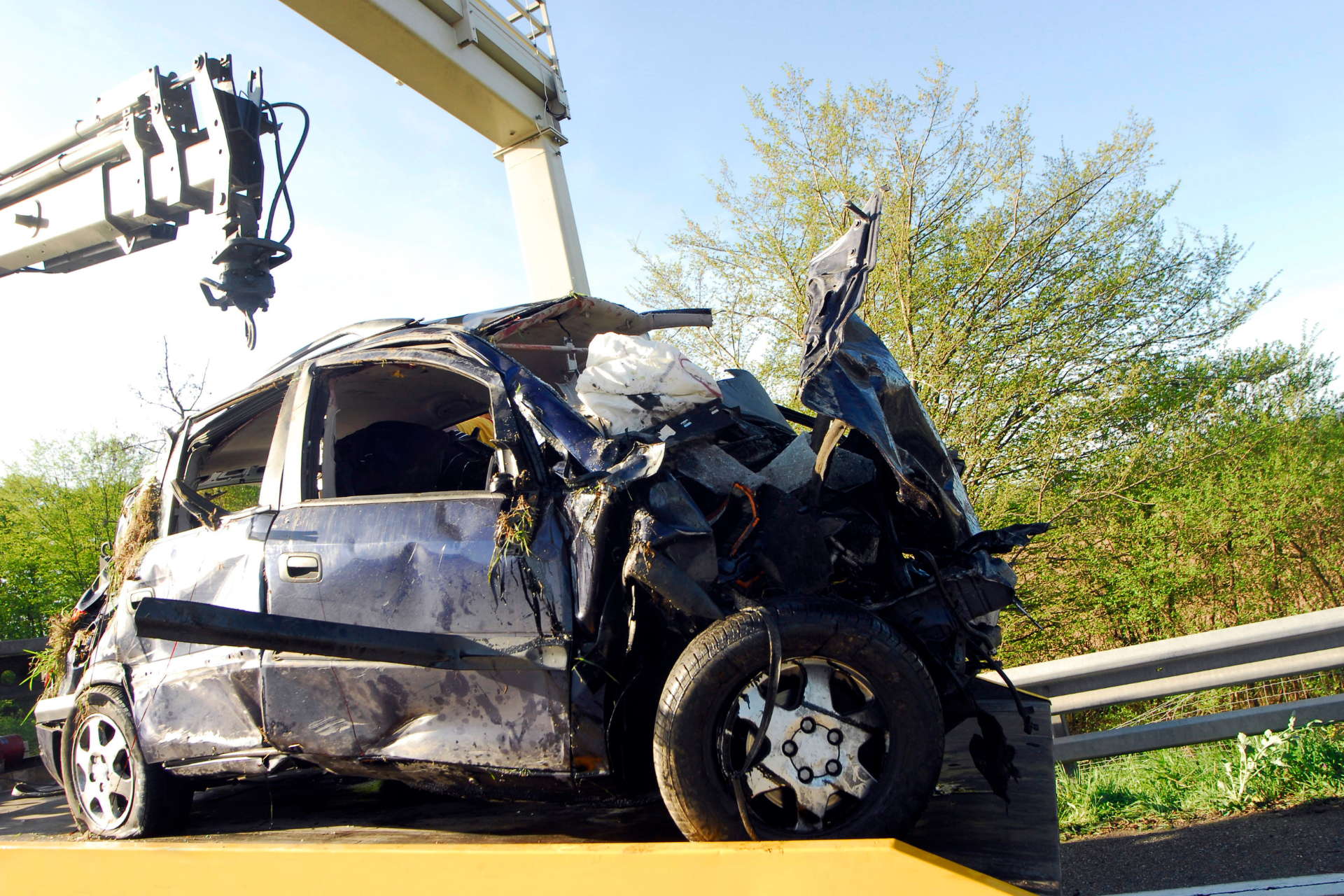
How to Know If Your Vehicle Was Totaled After An Accident
February 19, 2024
In the aftermath of a car accident, one of the most pressing concerns for vehicle owners is assessing the extent of damage and determining whether their vehicle is salvageable. The term “totaled” is often used in such situations, but what exactly does it mean, and how can you know if your vehicle falls into this category? In this guide, we’ll explore the key factors that determine whether a vehicle is considered totaled after an accident and offer practical tips for navigating this challenging scenario.
Understanding “Total Loss”
The term “totaled” or “total loss” refers to a situation where the cost of repairing the vehicle exceeds its actual cash value (ACV) or its pre-accident value. In other words, if the cost of repairs is higher than what the vehicle is worth, insurance companies may deem it more economical to declare the vehicle a total loss and compensate the owner accordingly.
Assessment By Insurance Adjusters
After an accident, your insurance company will dispatch an adjuster to evaluate the damage to your vehicle. The adjuster will conduct a thorough inspection, considering factors such as the extent of structural damage, the cost of necessary repairs, and the vehicle’s pre-accident value. Based on this assessment, the adjuster will determine whether the vehicle meets the criteria for being declared totaled.

Calculating the Total Loss Threshold
Insurance companies use a specific threshold to determine whether a vehicle is totaled. This threshold is typically expressed as a percentage of the vehicle’s pre-accident value. For example, if the total cost of repairs exceeds 75% of the vehicle’s ACV, it may be deemed a total loss. However, this threshold can vary depending on state regulations and insurance policies.
Consideration of Salvage Value
In some cases, even if the cost of repairs exceeds the total loss threshold, the insurance company may take into account the salvage value of the vehicle. Salvage value refers to the amount that could be obtained by selling the damaged vehicle for parts or scrap. If the salvage value offsets a portion of the repair costs, the vehicle may be deemed repairable rather than totaled.
Options For Owners
If your vehicle is declared totaled, you have several options depending on your insurance coverage and personal preferences. You may choose to accept the insurance company’s settlement offer, which typically involves receiving a cash payout equal to the vehicle’s ACV minus any deductible. Alternatively, you can negotiate with the insurance company or seek a second opinion on the extent of damage and repair costs.
Understanding Salvage Titles
In cases where a vehicle is declared totaled and the owner releases it to the insurance company, another individual or company may purchase the vehicle and repair it. The vehicle will then have a salvage title, which can affect its resale value and insurability in the future. If the original owner retains it, a damage disclosure would need to be issued when the vehicle is sold, but only if it is seven years old or newer.
In conclusion, determining whether your vehicle was totaled after an accident involves a thorough assessment of the extent of damage, repair costs, and pre-accident value. By understanding the factors that insurance companies consider in such situations and knowing your rights as a vehicle owner, you can make informed decisions regarding the next steps in the claims process. While facing the reality of a totaled vehicle can be daunting, knowing your options can help you navigate this challenging situation with confidence.
If you are needing an estimate, stop by our shop or fill out the estimate form.